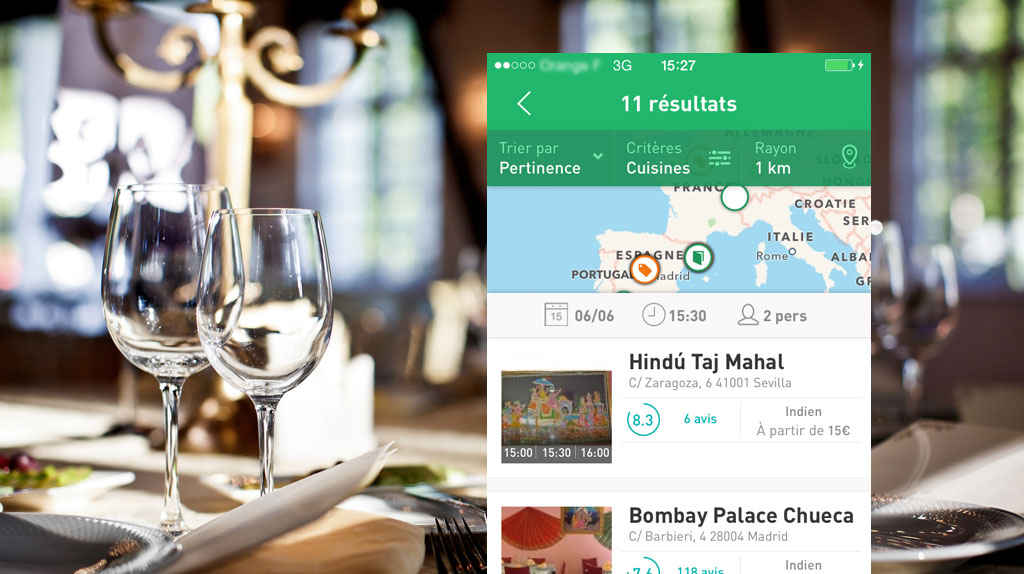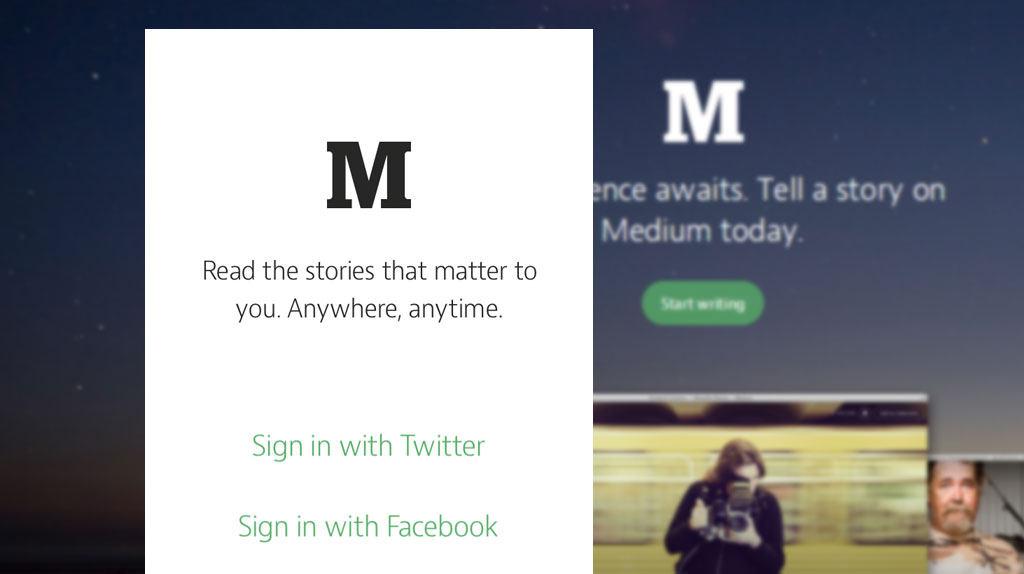
If you search for “Do You Need An App?“, results will show you that it’s a popular question with complicated (and often contradictory) answers. Of course, for a few businesses, like games for example, not having an app is nonsense. But it’s not so easy for the rest of the world. Small businesses and big corporations alike face the app dilemma.
Marketing Is Telling Me That I Need An App
As more and more people own smartphones (58% of American adults , 83% under 30), more and more people discover and use app stores (in the US, 62% of smartphone owners use at least one app per month ).
See all numbers on the Pew Research Internet Project website.
This means that your brand can be discovered on the web through search, social networks, directories… and now through app stores. If you’re not in the app stores, maybe you’re giving the opportunity to your competitors.
Having your icon (logo) on customers’ mobile desktops is a big advantage for brand awareness.
You can also engage them more through notifications. Apps are a powerful way to control the user experience you want for your brand. When using an app, you don’t use anything else. An application is a more direct medium between you and your customer. It’s better than mobile web where you have to launch a browser, then search for a website and eventually access it in a mobile-friendly version.
Apps Are About Situations And Services
Now that you have a motivation to get an app for your brand, you have to answer the question: what can I bring to my customers with this app?
The question is the same for the web but it’s probably harder to answer it in the app world. For example, searching the web is now the primary way to find a restaurant and it’s a good strategy for restaurants to have a web site well-optimized for search engines. The continuation of this strategy is probably to have a mobile-optimized version of the site. But why have an app if it’s likely to be a replica of the mobile website?
It’s certain that apps (and mobile websites) are not only about making things fit a small screen. As web designers, marketers and developers, we might think that mobile is about screen sizes. But mobile is in fact about mobility, i.e. the ability to have this small device available anywhere, in different situations, with various lighting and network conditions. Good apps take that into account. We often have only one hand available to use our phones or a short and chaotic 10 minutes to read in the subway.
Apps are tools just like our good old desktop software. Except that these are tools in our pockets, and they can interact with reality through a camera, geolocation, voice recognition, barcode scanners… the most used apps provide useful services such as restaurant finders, interactive subway maps, job alerts, chats, learning programs…
Releasing an app is providing useful services adapted to mobility situations, not replicating your website. Your app and your website have to coexist and be a consistent ecosystem.

La Fourchette app is based on content and uses geolocation to find a restaurant near you.
Is Content Enough?
In the US, at least 62% of smartphone owners get news on their handheld device. Mobile phones give us the ability to access news without particular effort, whenever we want. But content is more than news. Think of books, dictionaries, instructions, guides, classifieds, recipes… Your handheld device becomes a portable and interactive library. As on the web, content can be a service and apps become tools to deliver it in a totally new and more convenient way. Provided that content has been correctly setup for mobile consumption, it is often more readable and always available even offline.
Having good and useful content is definitely a strong point to provide an app. But to succeed, you should carefully craft the content to the mobile experience.
Building An App Is An Expensive Trip To The Past
Building an app brings you back 10 years when you had to setup your first website. Almost all apps are built with so-called native technologies. That means that iOS, Android, Windows Phone… all have their own language to build apps. (They also have their own ergonomics and ways to deliver apps.) iOS uses Objective-C, Android uses Java… These are not web technologies and can have steep learning curves. You won’t be able to capitalize a lot on what you’ve done before.
This is why hiring app developers is often hard and expensive. There’s no standard pricing for app projects, but you’ll see that it’s not rare to begin around 10K € (around 14K USD). This is why we’re seeing a lot of online app builders cropping up, which aim to simplify and industrialize the creation process for basic needs and to lower cost.
The other crux of the matter is that if you already have an online presence, you’ll probably want to reuse data you’re using for the web. If you have setup a CMS, you will have it to provide content for your app.
Building and maintaining an app can be a big technical investment and a rather radical change in your habits.
So, you still want to go with an app? In the following articles, we will provide you with insights on how we think we can tackle the problems it raises.
This article has been carefully edited by our friend Jenny Beaumont. A thousand thanks Jenny! All mistakes are ours.
Have something to say about this article? Great! Comments are there for that. Please remember that comments are moderared. SPAM or off-topics comments won’t be published.

